Master of Arts in Heritage and Museum Sciences

学历文凭
Masters Degree

专业院系
Texas Tech University

开学时间

课程时长

课程学费

国际学生入学条件
Academic Record. All academic records may be considered - 60 hours, total, major, post-baccalaureate.
Test Scores. Scores on the GRE should be no more than five years old. The GRE is required, but no test score will be considered the sole criterion.
Individual Profile. Profiles may include recommendation letters, research background, motivation, multilingual proficiency, undergraduate institution, presentations, and the completed career summary statement. Other information that admission and scholarship and fellowship committees may consider is work commitment, demonstrated commitment to a particular field of work or study, and community involvement.
IELTS - minimum required score is an overall band score of 6.5 on the Academic version.
TOEFL iBT - minimum score required is 79.
TOEFL PBT - minimum required score is 550.
IDP—雅思考试联合主办方

雅思考试总分
6.5
- 雅思总分:6.5
- 托福网考总分:79
- 托福笔试总分:550
- 其他语言考试:Pearson Test of English Academic (PTE Academic) - minimum required score is 60.
CRICOS代码:
申请截止日期: 请与IDP联系 以获取详细信息。
课程简介
相关申请
 预科
预科 奖学金
奖学金 实习机会
实习机会 在校学习
在校学习 跨境学习
跨境学习 校园授课-线上开始
校园授课-线上开始 在线/远程学习
在线/远程学习
开学时间&学费
学费信息仅供参考,请与IDP联系以获取详细信息
| 开学时间 | 时长 | 学费 | 地点 |
|---|
学校排名

世界排名601
数据源:
泰晤士高等教育世界大学排名
本校相关课程

Graduate Certificate in Strategic Studies
学历文凭
Graduate Certificate
开学日期
课程费用总额


Graduate Certificate in Ethics
学历文凭
Graduate Certificate
开学日期
课程费用总额


Graduate Certificate in Personal Financial Planning
学历文凭
Graduate Certificate
开学日期
课程费用总额

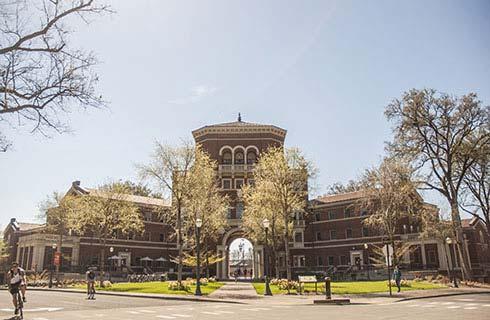
Graduate Certificate in Software Engineering
学历文凭
Graduate Certificate
开学日期
课程费用总额

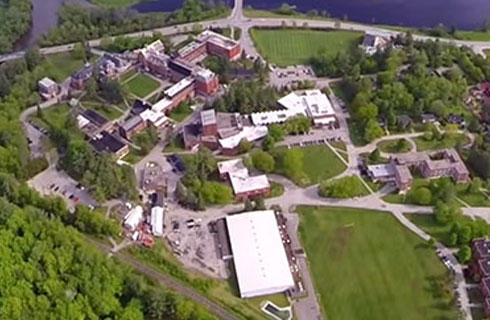
Graduate Certificate in Soil Management
学历文凭
Graduate Certificate
开学日期
课程费用总额

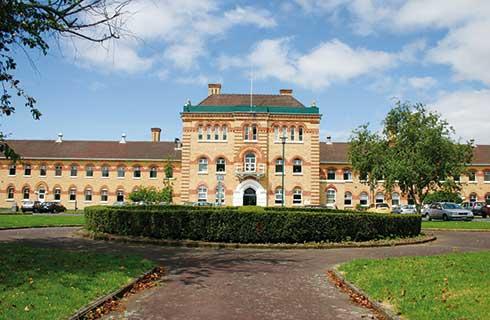
Graduate Certificate in Fibers and Biopolymers
学历文凭
Graduate Certificate
开学日期
课程费用总额

其他相关课程
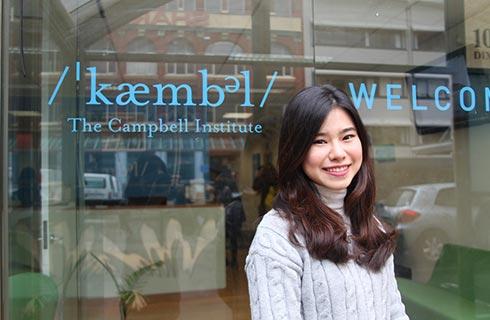
博物馆研究硕士
 多伦多大学
多伦多大学学历文凭
Masters Degree
开学日期
课程费用总额

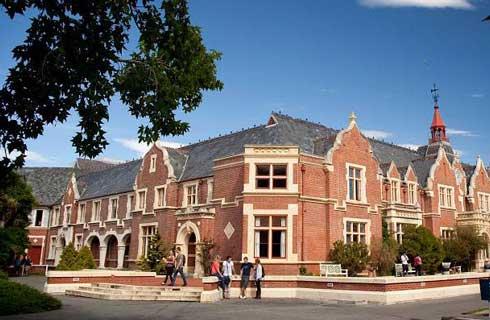
策展研究视觉研究硕士
 多伦多大学
多伦多大学学历文凭
Masters Degree
开学日期
课程费用总额


应用博物馆研究高级文凭
 亚岗昆学院
亚岗昆学院学历文凭
Bachelor Degree
开学日期
课程费用总额


艺术史和博物馆研究荣誉文学士(专业)
 韦仕敦大学
韦仕敦大学学历文凭
Bachelor Degree with Honours
开学日期
课程费用总额


安大略大学博物馆和画廊研究专业研究生证书
 乔治亚学院
乔治亚学院学历文凭
Graduate Certificate
开学日期
课程费用总额


博物馆研究文学士学位
 不列颠哥伦比亚大学
不列颠哥伦比亚大学学历文凭
Bachelor Degree
开学日期
课程费用总额










 美国
美国
